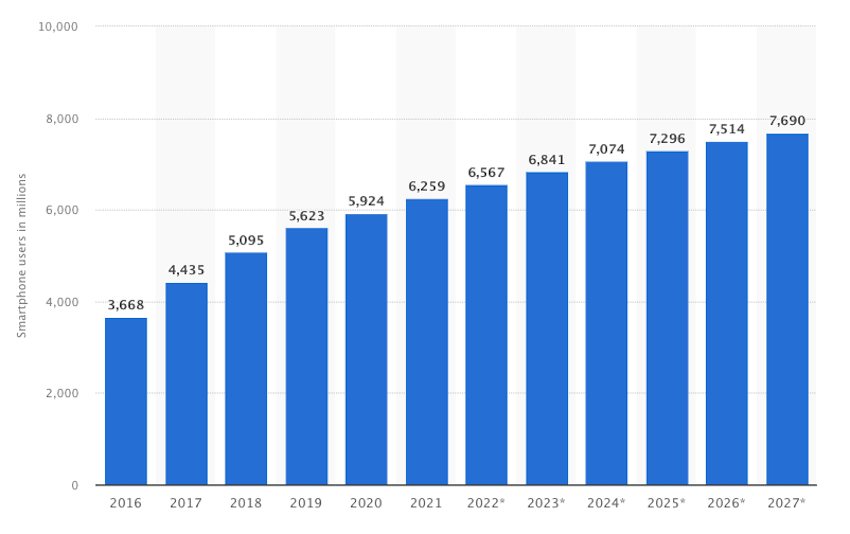Coding Goes Mainstream
In the past, coding was seen as a niche skill, reserved for computer scientists, software developers, and tech enthusiasts. Today, however, more and more people from diverse backgrounds are getting interested in coding. This shift is thanks to social media, video games, mobile apps and AI, making people curious about the tech world.
Coding Rise, Job Shift
While demand for traditional software jobs might drop, there's a surprising uptick in kids learning to code in schools, creating a wave of curiosity that's reshaping the coding scene.
Recent report from code.org tells a promising story. In 2023, a surprising 57.5% of U.S. public high schools offer coding courses. Middle schools aren't far behind, with at least 46% offering similar programs. It's a clear sign that schools are catching onto the importance of teaching coding early (why?).
Now, about jobs. The demand for usual software developers is dropping because AI is pitching in for nearly 30% of new code on GitHub. It's a shift happening, and it might mean that there will be less of those typical coding jobs.
The Coding Boom
In conslusion, the surge in children learning to code early on is reshaping the game. While the demand for traditional coding jobs is on the decline, a curious wave is rising. Everyday folks, inspired by their daily tech interactions, are eager to understand the magic behind the scenes. It's not just about landing a coding job; it's about satisfying a curiosity that's turning coding into a mainstream hobby. The result? A massive market of curious minds, poised to shape the future of tech without necessarily working directly with code.

